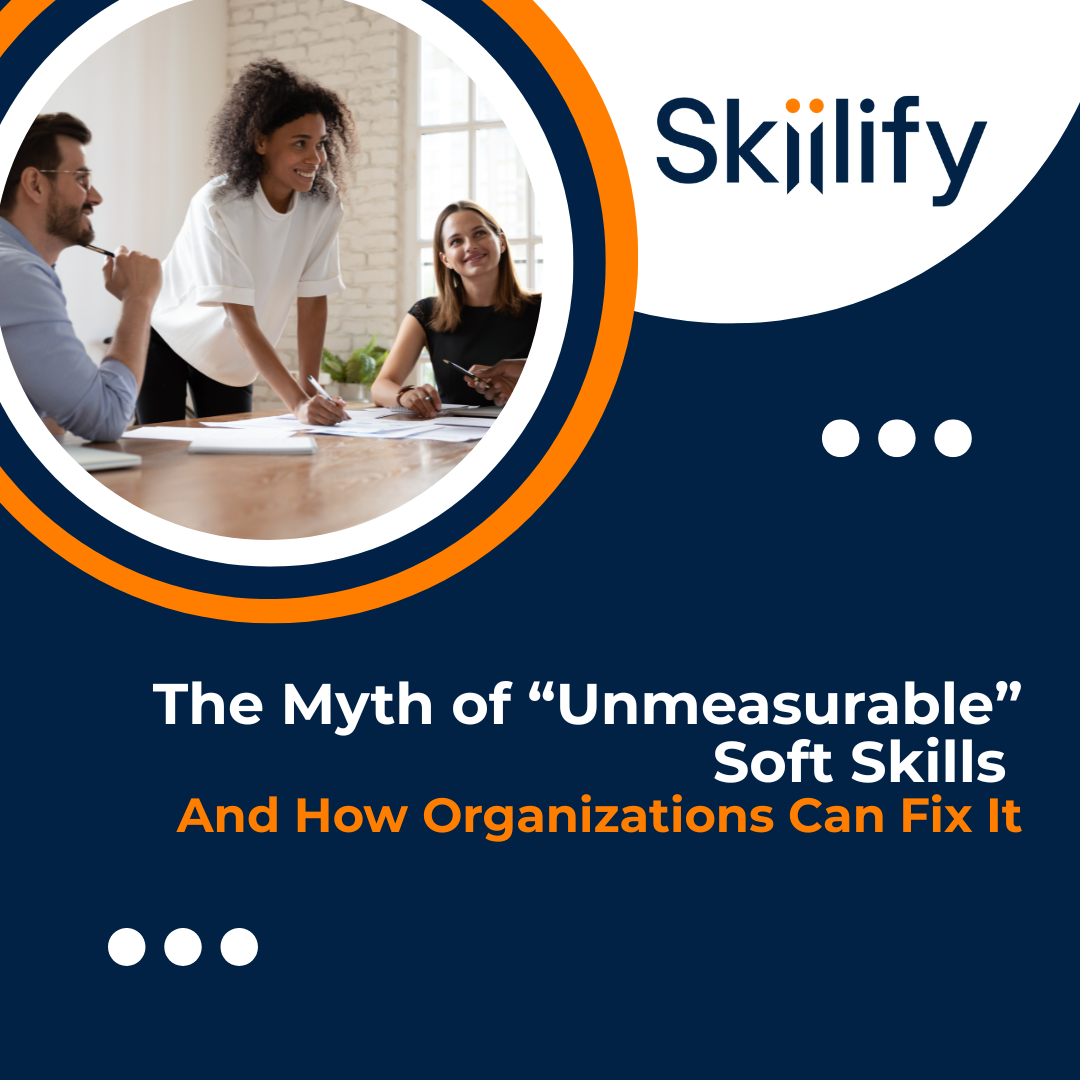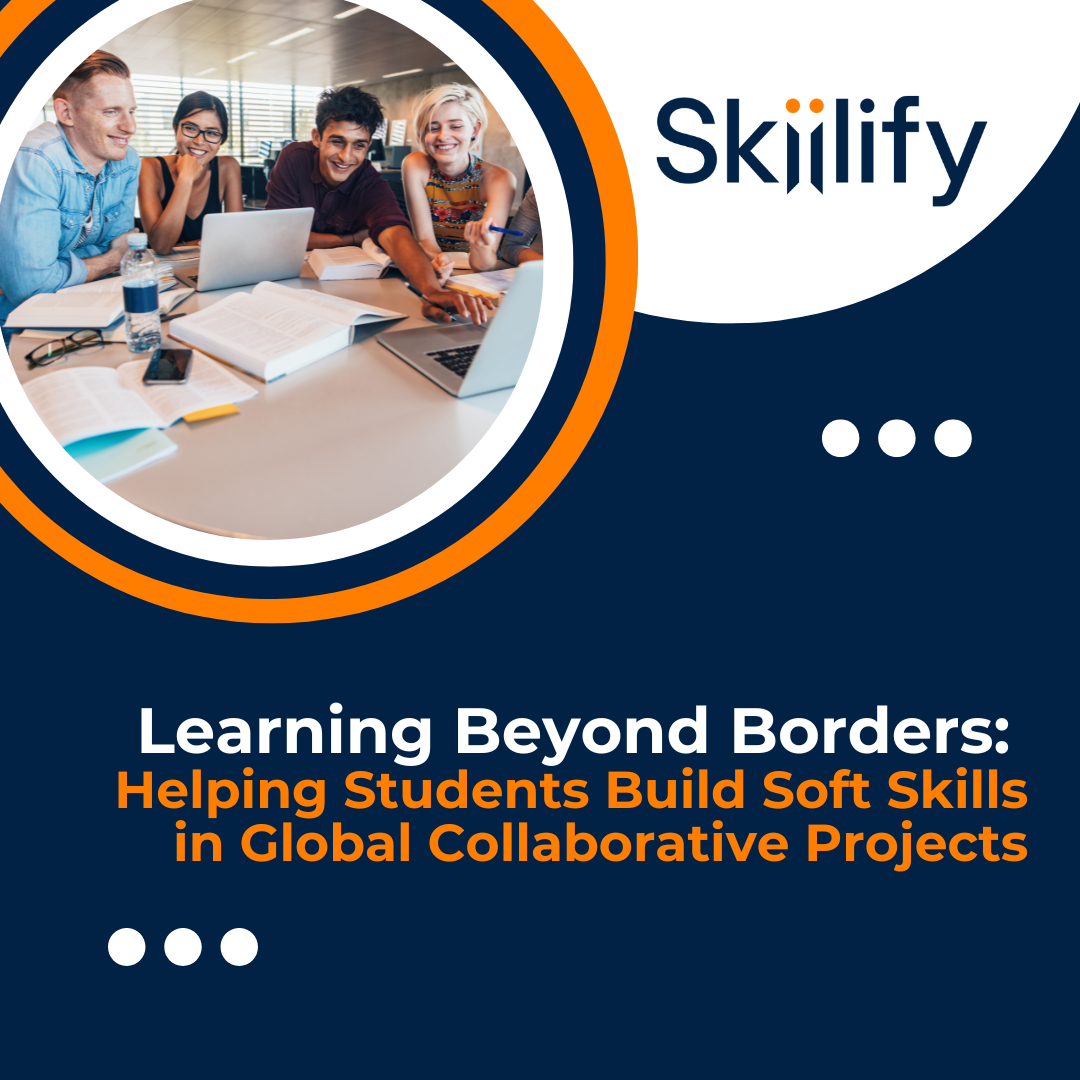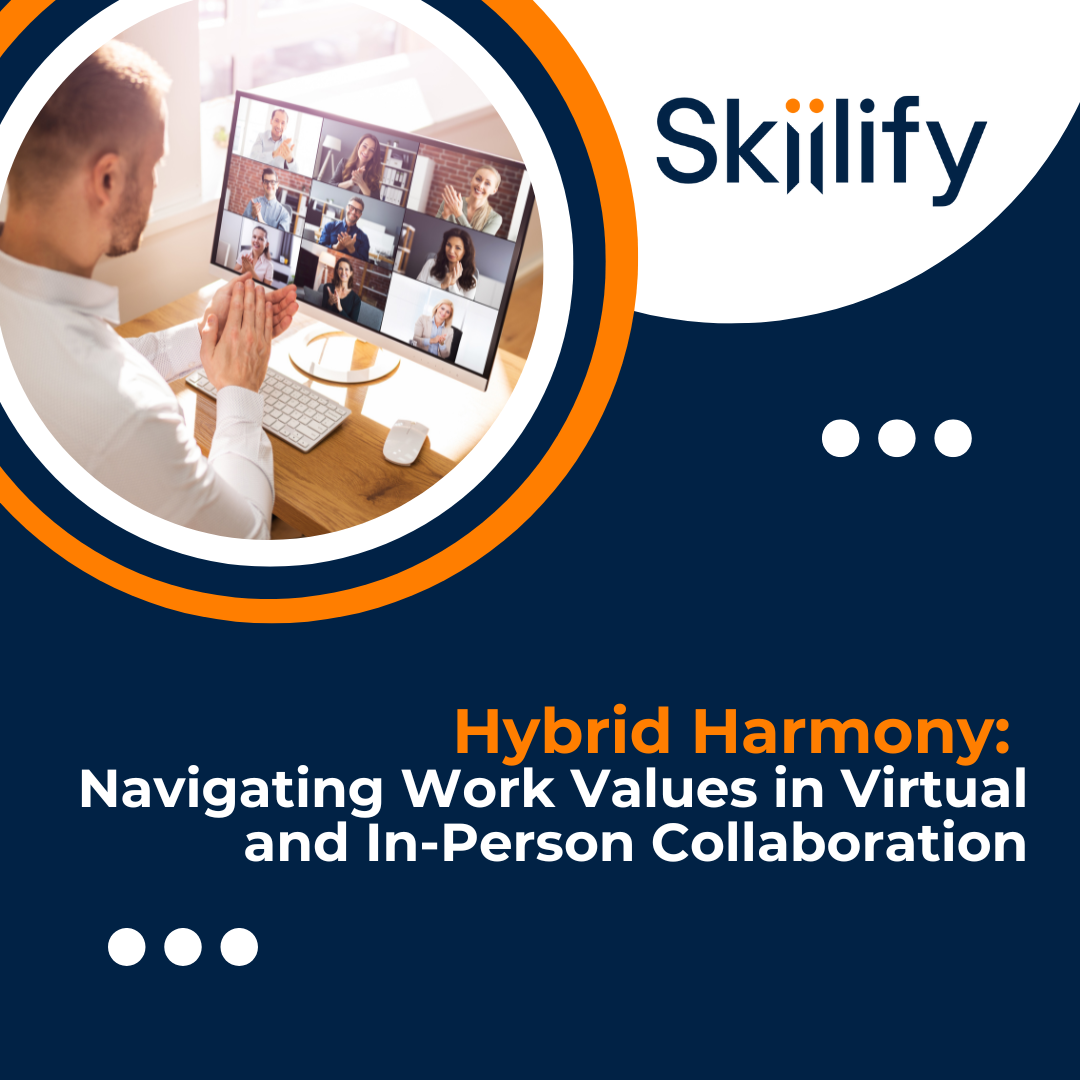
The Myth of “Unmeasurable” Soft Skills and How Organizations Can Fix It
Soft skills do not resist measurement. They resist vague language. When an organization says it wants “better communication” or “more adaptability,” it has not defined a target. Without a target, any attempt at measurement becomes guesswork. People end up scoring personality, confidence, or similarity to the rater rather than capability. The resulting data looks subjective because it is subjective. That pattern teaches leaders the wrong lesson: “we tried, and it did not work.”

Are You in an Environment of Constant Change?
In a recent poll we conducted on LinkedIn, we asked professionals which human skill matters most to stay effective amid constant change. Two responses clearly dominated the results: setting healthy boundaries and prioritizing what truly matters.

How AI Supports Coaching in Learning and Development
AI adds value in coaching when it supports careful thinking. It helps individuals interpret evidence, consider multiple explanations, and reflect before acting. Over time, this process strengthens judgment and supports meaningful development.

The BEST of Being Human
As artificial intelligence grows more capable in analysis, synthesis, and even simulated empathy, the question is no longer what machines can do, but what remains uniquely human. People who develop durable soft skills such as curiosity, humility, and relationship-building are best equipped to act at their BEST: with Belonging, Empathy, Stewardship, and Trust.

Tech Leaders Are Bracing for Disruption, But Not the Kind You Think
A recent LinkedIn poll caught our attention: 53% of those voting said that “organizational restructuring or layoffs” is the disruption they’re bracing for most. AI and automation, the trend which is now dominating headlines, came in second at 37%. Burnout and disengagement (5%), and ethical or global complexity (5%) barely registered.

The Talent Advantage: Why Companies Should Hire Study Abroad Alumni
If you’re hiring for adaptability, don’t just look for a strong GPA or familiar internships. Ask candidates how they’ve handled uncertainty, built networks in new contexts, or kept momentum when plans fell apart. Study abroad alumni will have ready answers because they’ve lived those scenarios and turned them into lasting capability.

Soft Skills as Algorithmic Leverage: Making AI Work for Humans, Not the Other Way Around
AI isn’t replacing humans: but it’s raising the bar for what humans must bring to the table. The real differentiator is how well we combine computational power with contextual agility.
If you want to be AI-ready, don’t just learn the tech. Strengthen the human multipliers behind it. That’s what myGiide is built for.

Learning Beyond Borders: Helping Students Build Soft Skills in Global Collaborative Projects
Global student projects are designed to mirror real-world teamwork, yet they often stumble on the same obstacles professionals face:
· Misunderstandings about deadlines or task ownership.
· Frustration with communication styles that feel too blunt or too indirect.
· Tension between students who push for efficiency and those who prioritize group harmony.

Hybrid Harmony: Navigating Work Values in Collaboration
Hybrid work has become a default reality for many teams. Some days are spent face-to-face, others in virtual spaces. While the logistics of hybrid work often get the most attention (e.g., technology platforms, meeting formats, office schedules) the deeper challenge lies in how individual work values show up differently across these contexts.

How Work Values Shape the Way Team Members Handle Deadlines
Every team faces deadlines. The difference between a group that strains under pressure and a group that thrives often comes down to how well they understand the values behind their behaviors. When managers treat deadlines as opportunities to surface and align values, they create teams that can deliver consistently, without the frictions that erode performance and morale.

Insight to Impact: Turn Assessments into Team Transformation
Every manager knows the frustration of training initiatives that feel like quick fixes: enthusiasm fades, and the team reverts to old habits. The missing link is often not the content itself, but the translation of insight into sustained team impact. This is where well-designed assessments can be powerful, but only if managers know how to use them strategically.

Soft Skills in a Storm: What Tech Teams Need Now
Tim King at Solutions Review ran recent LinkedIn poll asking tech leaders: What’s the #1 disruption you’re bracing for? More than half, 53% to be precise, answered organizational restructuring or layoffs. Not AI. Not burnout. Not global complexity. While they all could be interrelated, restructuring and downsizing topped the list by a wide margin.

Your Teams Are Capable. Are They Still Coachable?
In our recent survey, 81% of professionals agreed that humility, defined as the willingness to actively seek and apply feedback, is critical for professional growth. But nearly half (46%) reported that the feedback they receive is vague or unhelpful. Without clear, actionable input, even highly skilled professionals operate with limited visibility into how they’re doing or what to improve. This creates a subtle but significant performance drag, one that many organizations underestimate.

The Most Underrated Driver of Performance? Relationship-Building
In today’s fast-moving, cross-functional work environments, the ability to build strong professional relationships is a performance driver. Yet, according to our recent survey of tech leaders, while 85% of professionals say relationship-building is very important to their success, 30% report struggling to maintain strong professional connections. Even more concerning: 26% say they prefer to work alone, even when collaboration would deliver better outcomes.

Level Up Your Team: Try Gamifying Their Soft Skills Development
Research demonstrates that gamified learning boosts motivation, improves knowledge retention, and promotes repeated practice—all essential for genuine skill mastery. When learners engage in challenges that replicate real-world scenarios, they internalize strategies and behaviors more quickly and effectively.

Perspective Taking: Key to Innovation, Better Decisions and Team Success
When one voice consistently overpowers others, teams lose their ability to adapt. Contributions are withheld. Creative momentum slows. Over time, this environment discourages people from sharing ideas at all, even when they could have been valuable.

How to Build a Resilient Team
When a team has resilience baked into its culture, it creates a working environment where people take smart risks. Where experimentation isn’t met with fear. Where momentum doesn’t get lost when things go wrong. Resilience is a speed skill, shortening the distance between failure and success.
Want to help your team build resilience—and the other soft skills that fuel performance under pressure?

The Curiosity Deficit: Why Smart Teams Stop Innovating
Working in tech should be a playground for curiosity. But our May 2025 study with InsightJam and Solutions Review tells a different story. While 93% of tech professionals say curiosity is “very” or “extremely” important, nearly half admit they struggle to find time for it. They’re interested and curious, but overloaded. And that’s a problem. When curiosity fades, so does innovation.

Leaders: Stop Waiting for Certainty — Build this Competency Instead
If you’re waiting for things to become clearer before you act, you’re already behind. The future belongs to those who can lead through the fog.
At Skiilify, we help teams build the six soft skills that matter most—like resilience, curiosity, and yes, tolerance of ambiguity. Want to future-proof your workforce?

The Real Problem with AI Disruption? We’re Running Out of Time
More than 60% of companies reported plans to implement AI within the next 12 months, automating tasks that people are still doing today.
This means we’re facing a dangerous misalignment. Our professional timelines are out of sync with business realities. And this misalignment is magnified by the evolving demands of the modern workforce.
